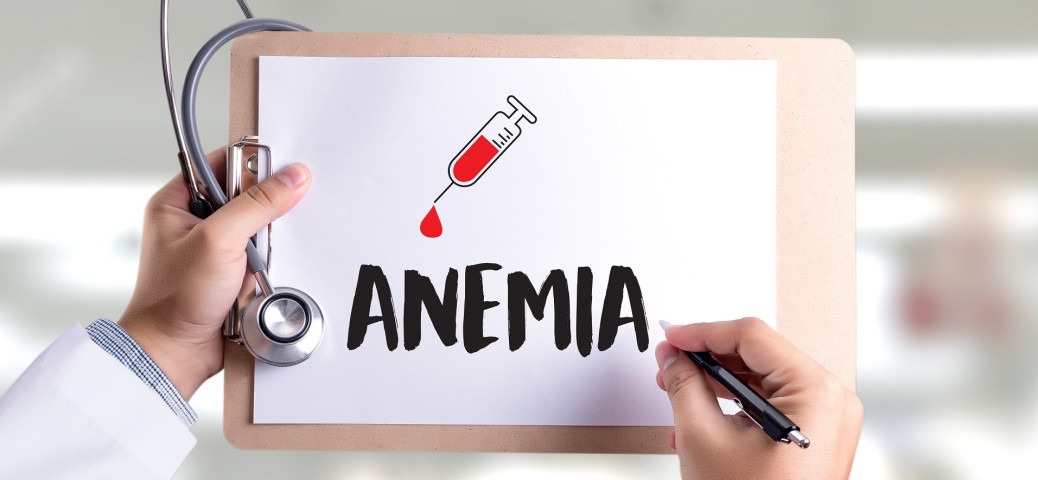108 Glen Osmond Road, Parkside

Anemia is a condition that develops when your red blood cell count or hemoglobin is less than normal. As the most common blood disorder, anemia is often associated with being tired and weak. The reason for this is that anemia occurs when your body doesn't have adequate healthy red blood cells. Red blood cells carry oxygen to the body's tissues.
Causes of Anemia :-
* Intestinal disorders that affect the absorption of nutrients in the small intestine, such as Crohn's disease and Celiac disease
* Poor diet consistently low in iron and vitamins such as folate which increase the risk of developing anaemia
* Menstrual disorders with increased blood loss — women are at greater risk of iron deficiency anaemia because of blood loss during menstrual periods, especially for those with heavy periods
* Chronic conditions like cancer, kidney or liver failure and rheumatoid arthritis increase the risk of developing anaemia of chronic disease
* Pregnancy increases the risk of iron deficiency anaemia because of increased blood volume during pregnancy, as well as developmental demands from the growing foetus
* Family history of inherited anaemia also increases the risk of developing anaemia
Types of Anemia :- Common types of anemia include
1. Iron deficiency anemia, caused by blood loss or a shortage of iron in the diet
2. Vitamin deficiency anemia, caused by too little vitamin B12 or folic acid in the diet or an inability to absorb these vitamins from food
3. Anemia of chronic disease arises as a result of cancer, HIV/AIDS, Crohn's disease, and other chronic conditions that interfere with the production of red blood cells
4. Aplastic anemia, an uncommon but potentially deadly condition caused by the inability of the bone marrow to make red blood cells
5. Anemia due to bone marrow diseases such as leukemia or myelofibrosis affect the bone marrow's ability to make blood cells.
6. Hemolytic anemia occurs when the body destroys red blood cells faster than it makes them
7. Sickle cell anemia occurs in people who inherit genes for a type of hemoglobin that forces red blood cells to assume a crescent, or sickle, shape.
Signs and symptoms of anemia :-
Several signs and symptoms occur in all types of anemia, such as fatigue, shortness of breath and feeling cold. Others include:
* Dizziness or weakness.
Symptoms and Signs of Ayurvedic types of anemia :-
Ayurvedic anemia treatment is done according to following principles :-
1. Avoidance of all the dietary, lifestyle and emotional factors that cause anemia is essential to anemia treatment.
If you are suffering from any type of anemia and need to cure it through natural herbal way, you can book a consultation with our ayurvedic practitioners here.

Disclaimer : Sandeep Kumar and Anupam Vasudeva are not GP, they have Ayurveda medical degree from India where it is considered equal to any other medical degree. This qualification is recognized in Australia by vetassess governing body as Complementary Health Therapists. Life Line Ayurvedic Herbal Clinic does not claim to cure a disease or terminal illness and does not create any unreasonable expectation of beneficial treatment. Ayurvedic medicines and treatments are generally considered to be safe but rarely may be associated with possible adverse reactions in individual cases. We recommend seeking urgent medical attention in the case of an adverse reaction. This website provides you with information. You must contact your Ayurvedic or another health professional before you apply them. Read More